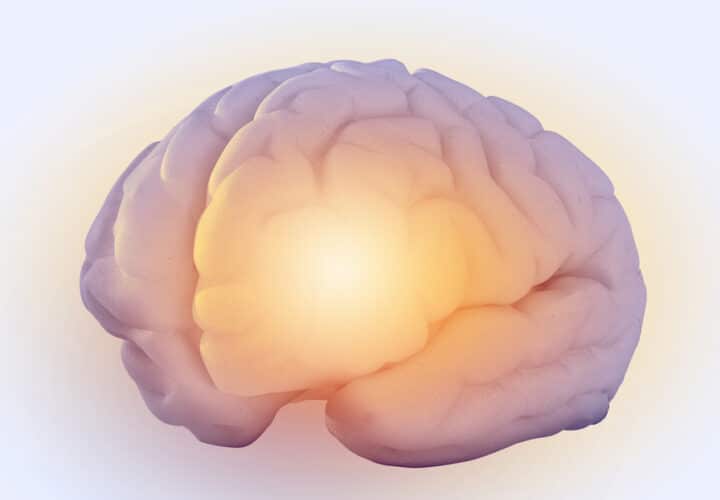Before Alex Trebek's cancer diagnosis, he grappled another health concern: age-related cognitive decline, leading him to seek out cognitive testing for dementia.
Beloved quiz show host Alex Trebek passed away Nov. 8, at age 80, following a nearly two-year battle with pancreatic cancer. He had announced his stage 4 cancer diagnosis in March of 2019, continuing to tape the show throughout his fight with the disease. But just before that diagnosis, Trebek was grappling with another health concern: age-related cognitive decline.
Trebek had a chance to play a memory game every day of work since 1984. Over 30 seasons of hosting “Jeopardy,” he missed a show only once, when he switched places with the “Wheel of Fortune” host as an April Fool’s joke.
Some research supports the idea that brain exercises and memory games can benefit one’s memory recall abilities and overarching cognitive health, but Trebek’s decades of brain games weren’t enough to keep his memory sharp forever. Two years ago, in a November 2018 interview with Vulture, Trebek was asked when he might retire, prompting him to open up about memory issues, and hinting it might be time.
“Instead of saying ‘1492’ I’ll say ‘1942,’” Trebek told Vulture at the time. “I love doing crossword puzzles, and recently I’d be looking at a clue, it’d be 23 across, and I’d be trying to fit the answer into 26 across. I was always off.”
Trebek asked himself the question many of us have wondered when we have one of those “off” moments: Is this normal, or is it Alzheimer’s? He went to his doctor to find out.
“Because of that I went to be tested for early Alzheimer’s,” he said. “The first time they tested me they said, ‘It doesn’t look good.’ Then we did more testing and they said, ‘You’re okay. No need to worry.'”
Trebek and experts concluded his cognitive decline was not the result of a neurodegenerative disease like Alzheimer’s — rather, it was simply normal.
But, Wait: What Is “Normal” Cognitive Decline?
“Overall, the normal decline we experience is enough these days to make people quite nervous,” Dr. Bill Burke, director of the Stead Family Memory Center at the Banner Alzheimer’s Institute, told Being Patient in a 2018 interview.
According to Burke, some of these memory and recall skills tend to stick with people for life — things like vocabulary, judgment and problem solving. But others gradually fade, or occasionally falter, as people age — like attention and being able to multitask and switch quickly between activities or types of decision making.
When Is Cognitive Testing a Good Idea?
According to Dr. Rebecca Amariglio, a dementia expert affiliated with the Brigham and Women’s Hospital, there are certain things considered “normal” as one ages, like blanking on a person’s name for a moment, walking into a room and forgetting what you’re there for on or misplacing your keys on occasion. But when confusion and forgetfulness starts to interrupt daily life, there may be cause for concern. Amariglio and colleagues conducted a study that found that people with greater concerns over aging who reported more forgetfulness actually did have more beta-amyloid in the brain, a toxic protein that forms into clumps and plaques in Alzheimer’s disease.
For those who are concerned they may be experiencing mild cognitive impairment, which is often a precursor to Alzheimer’s, Burke said one of the best ways to assess whether there has been a significant change is to take one fairly simple first step: Ask the person closest to you.
“Your best baseline is actually your social networks,” said Burke. Ask them questions about whether you’re different than you were a year ago, or if there are things you could do a year ago that you can’t now. “You could do elaborate neuropsychological testing and none of it is as effective as asking the person who really knows [you].”
Additional reporting by Being Patient staff.



